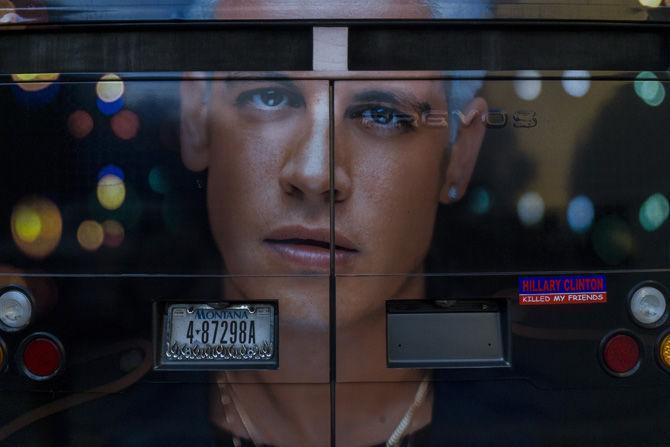Editor’s note: This article is a part of a head-to-head. Read the other article here.
Divisive rhetoric is quickly and not-so-quietly becoming a societal norm in the United States. We are also seeing hateful and downright idiotic ideology fighting for life in the marketplace of ideas. However, trying to decide what words and ideas we are going to allow to be said and spread is the dilemma facing us as a society.
Twitter is ground zero for hateful words, and where bad ideas fester. Recently, Twitter has been criticized for cracking down on those forms of speech, which has blossomed into concern that the social media platform is trying to shut down speech it disagrees with.
Twitter is a private entity with no First Amendment responsibilities to its users. However, it is arguably advantageous to Twitter to be as free speech-friendly as possible. If an uninhibited speech friendly atmosphere is fostered on Twitter, the more people will use it, and the more Twitter will profit.
In 2012, Twitter U.K.’s general manager Tony Wang said the company is “the free speech wing of the free speech party.” But lately, Twitter thinks its users need protection from words as if they are children. Protecting their users from actual danger is one thing, but policing certain people or ideas because it is offensive does not make for good conversations.
Recently, there have been many cases of Twitter shutting down users’ accounts. The platform parades itself as a beacon of free speech, so it’s unfortunate for the site to muzzle certain political speeches
People like Martin Shkreli, Milo Yiannopoulos, Courtney Love, Richard Spencer and George Zimmerman have all been suspended or banned from Twitter for controversial conduct. Yiannopoulos and Spencer are both associated with the “alt-right” and have both criticized Twitter’s banning of them as politically based.
“Twitter is holding me responsible for the actions of fans and trolls using the special pretzel logic of the left. Where are the Twitter police when Justin Bieber’s fans cut themselves on his behalf?” Yiannopoulos said. “Like all acts of the totalitarian regressive left, this will blow up in their faces, netting me more adoring fans. We’re winning the culture war, and Twitter just shot themselves in the foot.”
Yiannopoulos says this is the end for Twitter and a loss for anyone who cares about free speech. If he is right, Twitter has some serious work to prove it does not silence people it disagree with undeservedly.
Yiannopoulos and Spencer may truly have some bad ideas and propagate divisive words, but shouldn’t Twitter let them? If they are leaders of a particular movement, it only emboldens the movement to silence their perceived leaders.
Twitter must acknowledge its bias and continue controlling content,or adopt a totally radical free speech policy. Both cannot happen at the same time, and if they continue to operate like so, it will be detrimental to the company.
The latter option is much more viable than the first. It is impossible for Twitter to be a perfect censor all the time. In this case, less regulation is better and keeps Twitter in line with their original goal of being a marketplace of ideas.
Twitter is going to lose followers in the future if they do not deliver the platform they promise. The free markets are going to respond, and a new venue will rise up to do what Twitter won’t do: allow people to say whatever they want, even if it is horrible.
Jacob Maranto is 21-year-old mass communication senior from Plaquemine, Louisiana.





